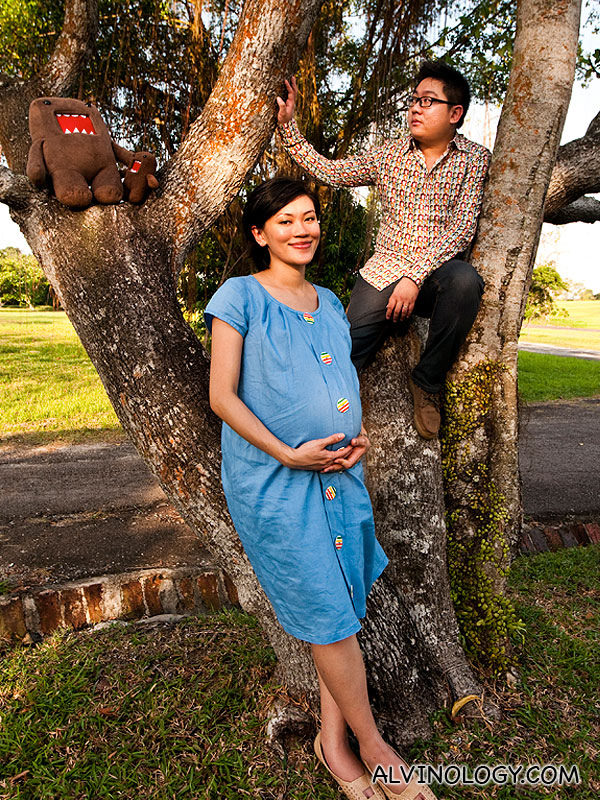Each marital breakup is unique. The emotional, financial and parenting issues require tailored solutions to ensure parties can come to an agreement. However, the basic structure that most divorces follow from initiation through to the end is very similar. You should contact a specialist family lawyer for advice to discuss the options available to you. The following article will help you understand the divorce process in Singapore.
Temporary Orders
Issues surrounding child custody, financial obligations and in some cases family violence, can arise whilst the divorce proceedings are in progress. This often requires temporary orders to be made by a court.
Personal Protection Order: A Personal Protection Order (PPO) is an order given by the court to help protect people experiencing family violence. The Court needs to be satisfied that this order is necessary to prevent further harm to the victim/s. An application for a PPO may be lodged at the Family Court Registry. Whilst the granting of a PPO does not necessarily suffice as immediate grounds for divorce, the fact of family violence may be relevant. You may wish to seek legal advice from your divorce lawyer to ascertain whether the incident of family violence can constitute evidence that the marriage has broken down irretrievably.
Maintenance Application (MSS): If you are going through a divorce and are concerned as to how you will meet your financial obligations, you can consider applying for maintenance. Such an application can be made regardless whether or not there are divorce proceedings ongoing. The court will take into account all the facts and circumstances of your case in deciding whether or not to grant an order for maintenance, and if so, the quantum of the maintenance.
Some of the factors the court will consider include:
* Salary and earning capacity of each party;
* Financial needs and obligations; and
* Standard of living prior to the marriage break-down;
* Interim Custody, Care and Control: An Interim Custody, Care and Control (ICCC) order governs the care arrangements for the children of a marriage before a final order is made at the final divorce ancillary matters hearing. There are three issues which will be determined in an ICCC order:
* Custody – This refers to the right to make major decisions for the child, such as education, religion and healthcare. The Courts generally award joint custody to both parents unless there are exceptional circumstances to warrant an order for sole custody,
* Care and Control – This determines which parent will reside with the child and o is responsible for the day-to-day care and decision making for the child.
* Access – When one parent is granted sole care and control, the other parent will be given access to the children. The degree of access conferred may vary, depending on the circumstances.
To apply for an ICCC order, a parent must submit an application to the Family Justice Courts under the Guardianship of Infants Act. You should approach your matrimonial lawyer to understand the procedure and the criteria considered by the courts before an ICCC order is made.
The other parent will have an opportunity to respond and/or object to your requests and may propose an alternative arrangement. If the issues cannot be resolved amicably through processes such as counselling or mediation, this will culminate in a hearing and the court will adjudicate on the matter.
Preparing to File for Divorce

It is advised that you engage an experienced divorce lawyer as soon as possible. They will help you determine the merits of your case and establish the appropriate strategy for you. This is particularly important for heavily contested divorces where complexities are expected.
Practical issues you need to consider:
* Understanding of the divorce process and how it applies to your circumstances;
* Establishing your best and worst-case scenario;
* Establishing your spouse’s possible defences and/or position;
* Considering pre-action manoeuvres to protect your interests;
* Establishing realistic goals for when you separate;
* Addressing issues of communication with your spouse; and
* Preparing yourself for the challenges ahead.
Most importantly, you should consider the legal fees and the necessary court filing fees that you will expect to incur when you engage a lawyer and/or when you commence an action.
Read more:
I WANT A DIVORCE BUT MY SPOUSE DOESN’T. WHAT CAN I DO?
COMMENCING YOUR DIVORCE IN SINGAPORE: WHAT DO I NEED TO KNOW?
The Divorce Process
Divorce in Singapore is a two-step process. At the first stage, the Court will deal with the termination of the marriage itself. Here, the Court will decide whether the marriage should be dissolved.
Facts to prove the marriage has irretrievably broken down are as follows:
* Adultery
* Unreasonable behaviour
* Desertion
* Separation
At the end of this first stage, if successful, parties will receive an Interim Judgment. At the second stage, the Court will deal with the ancillary matters.
These include:
* Division of matrimonial assets;
* Child custody issues; and
* Spousal and child maintenance (if applicable)
At the end of this stage, parties will receive a Final Judgment.
For more information on the divorce filing process, please click here.
Ancillary Issues in a Contested Divorce
Matrimonial assets include, among others, all property acquired during marriage. Common examples of assets which may be subject to division include businesses, insurance, shares, cars, savings accounts and CPF balances. You should consult a divorce lawyer to ascertain if an asset constitute matrimonial asset subject to division.
Under Singapore law, the court has the power to divide assets in a “just and equitable” manner. Factors the court will take into account prior to a just and equitable division include:
* The extent of contributions made by each party, both monetary and non-monetary; * and
* Any agreement between the parties with regards to the division of the matrimonial assets before marriage, during marriage, during separation, and/or during divorce proceedings.
Child maintenance: It is the duty of both parents to provide financial support for children of the marriage. Children up to the age of 21 are entitled to maintenance. Orders can be extended for children above the age of 21 where they are pursuing tertiary education or extended military service. A parent living apart from their child is equally liable to provide for the financial needs of the dependent child.
Factors the court will take into account to determine the quantum of child maintenance include:
* Financial needs of your child;
* Income earning capacity of you and your spouse; and
* Standard of living enjoyed by your child before a parent stops maintaining them.
Spousal maintenance: The court may order the husband to pay maintenance to his ex-wife. The court may also make an order for the wife to provide spousal maintenance to the incapacitated ex-husband.
Factors the court will take into account to determine the quantum of spousal maintenance include:
* Salary and earning capacity of each party;
* Financial needs and obligations;
* Standard of living prior to the marriage break-down;
* Direct and indirect contributions; and
* Any losses suffered as a result of the marriage.
You should consult a divorce lawyer to determine if you are eligible for spousal maintenance.


![[Review] Fireplace by Bedrock Launches Unlimited Wood Fired Brunch with Festive Treats at One Holland Village [Review] Fireplace by Bedrock Launches Unlimited Wood Fired Brunch with Festive Treats at One Holland Village - Alvinology](https://media.alvinology.com/uploads/2025/12/firestar-by-bedrock-brunch-grilled-25-110x110.jpg)










5